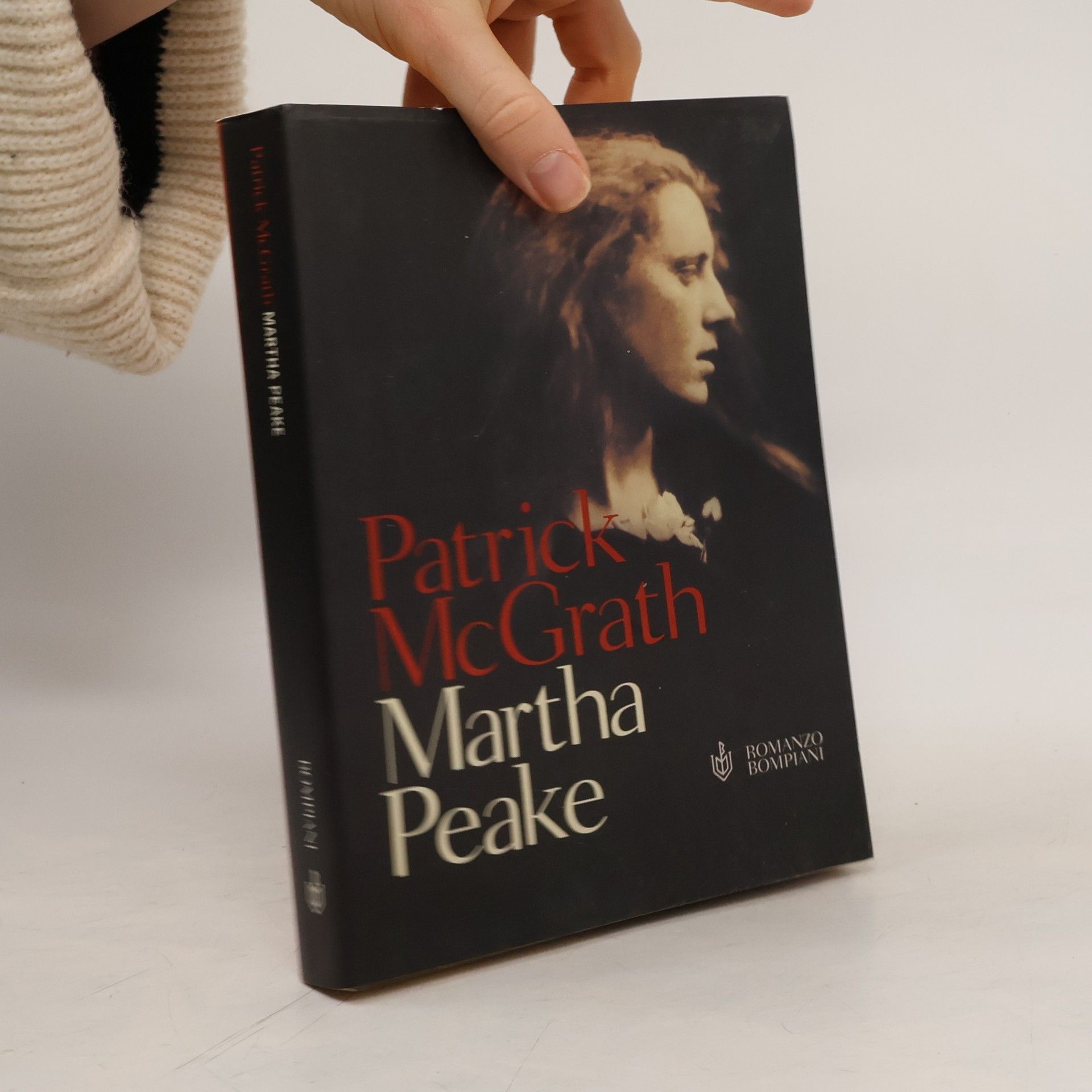Inghilterra, 1959. Dall'interno di un tetro manicomio criminale vittoriano uno psichiatra comincia a esporre, con apparente distacco, il caso clinico più perturbante che abbia incontrato nella sua carriera – la passione letale fra Stella Raphael, moglie di un altro psichiatra dell'ospedale, e Edgar Stark, un artista detenuto per un uxoricidio particolarmente efferato. È una vicenda cupa e tormentosa, che fin dalle prime righe esercita su di noi una malìa talmente forte da risultare quasi incomprensibile – finché lentamente non ne affiorano le ragioni nascoste. «Emersi da una lettura che probabilmente avrà avuto poche interruzioni – senza ricorrere a sensazionalismi plateali, McGrath è un maestro nell'arte di non mollare la presa – ci si potrà domandare semmai in che categoria collocare questo libro avvincente ... Libro in ogni caso di atmosfere e di inquietudini sotterranee, tali da creare un disagio che a molti non dispiacerà. Ricordate la Gwendolin di Oscar Wilde? "Che tensione intollerabile" osservava quella saggia giovinetta. E continuava: "Speriamo che duri".
Patrick McGrath Libri
Patrick McGrath è un romanziere britannico il cui lavoro è spesso classificato come narrativa gotica. La sua prosa si addentra negli angoli più oscuri della psiche umana, esplorando frequentemente temi di ossessione, colpa e relazioni fratturate. McGrath costruisce magistralmente suspense e atmosfera, attirando i lettori in mondi ricchi di mistero e ambiguità morale. Il suo stile distintivo è evocativo, esaminando il fascino dell'umanità per gli aspetti ombrosi dell'esistenza.


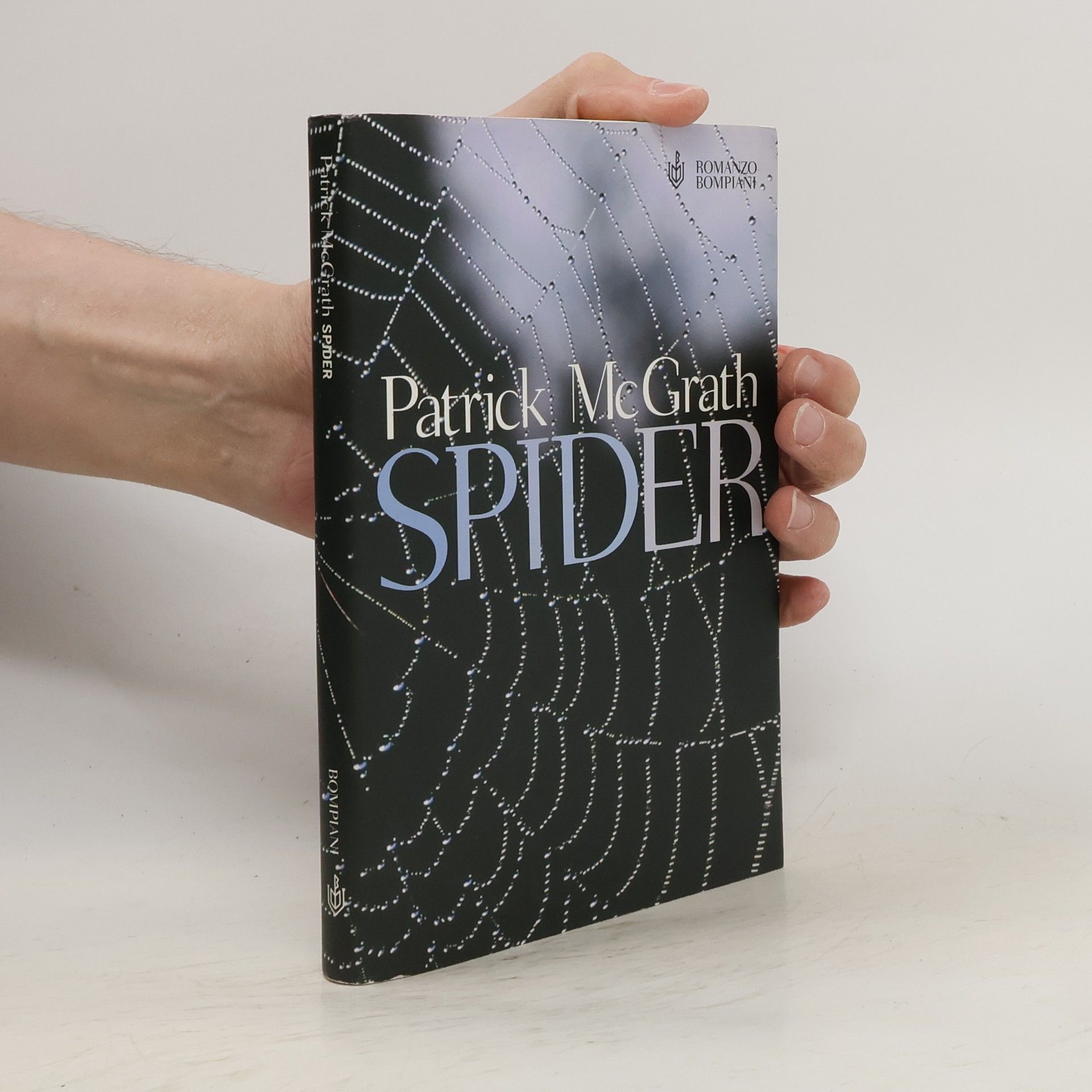
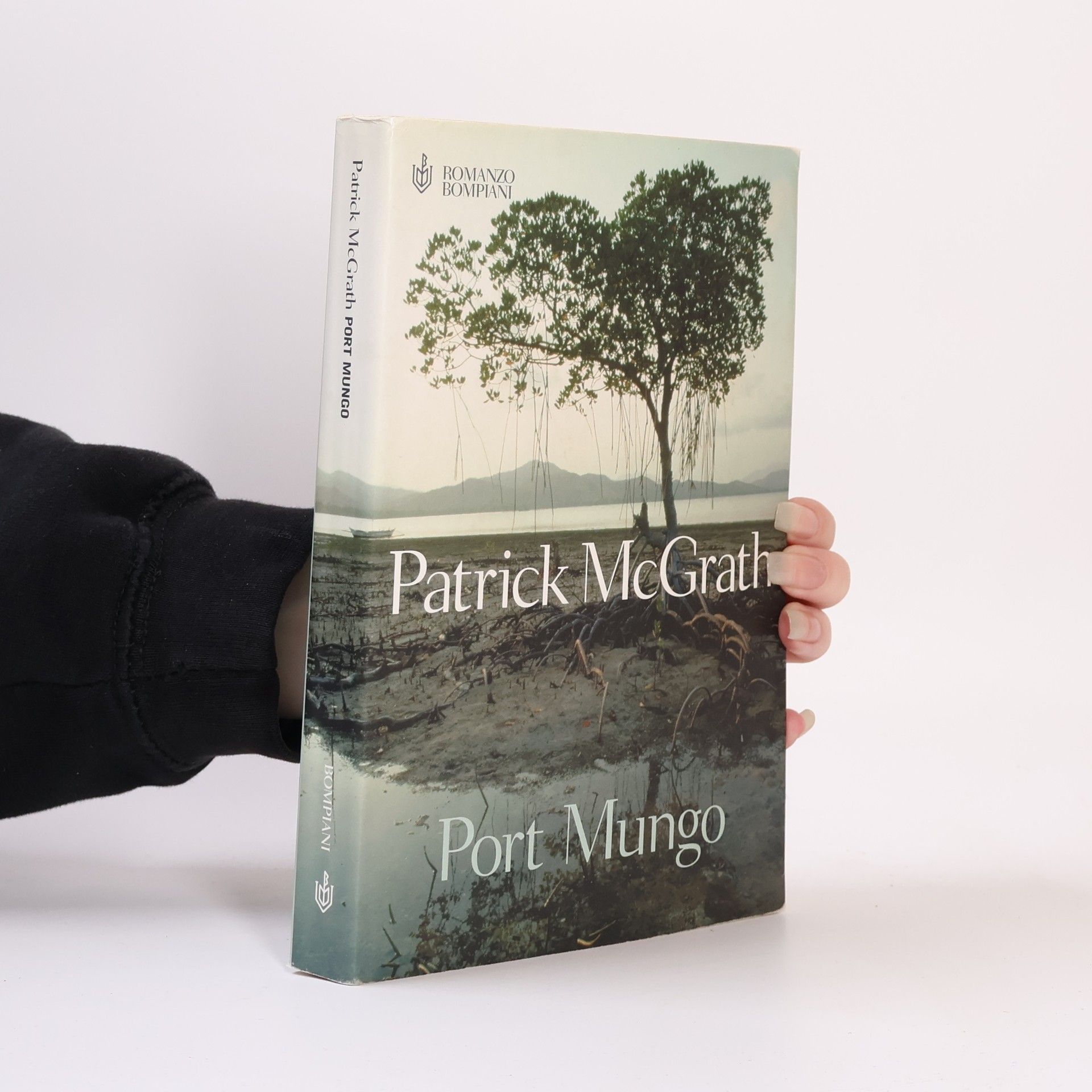

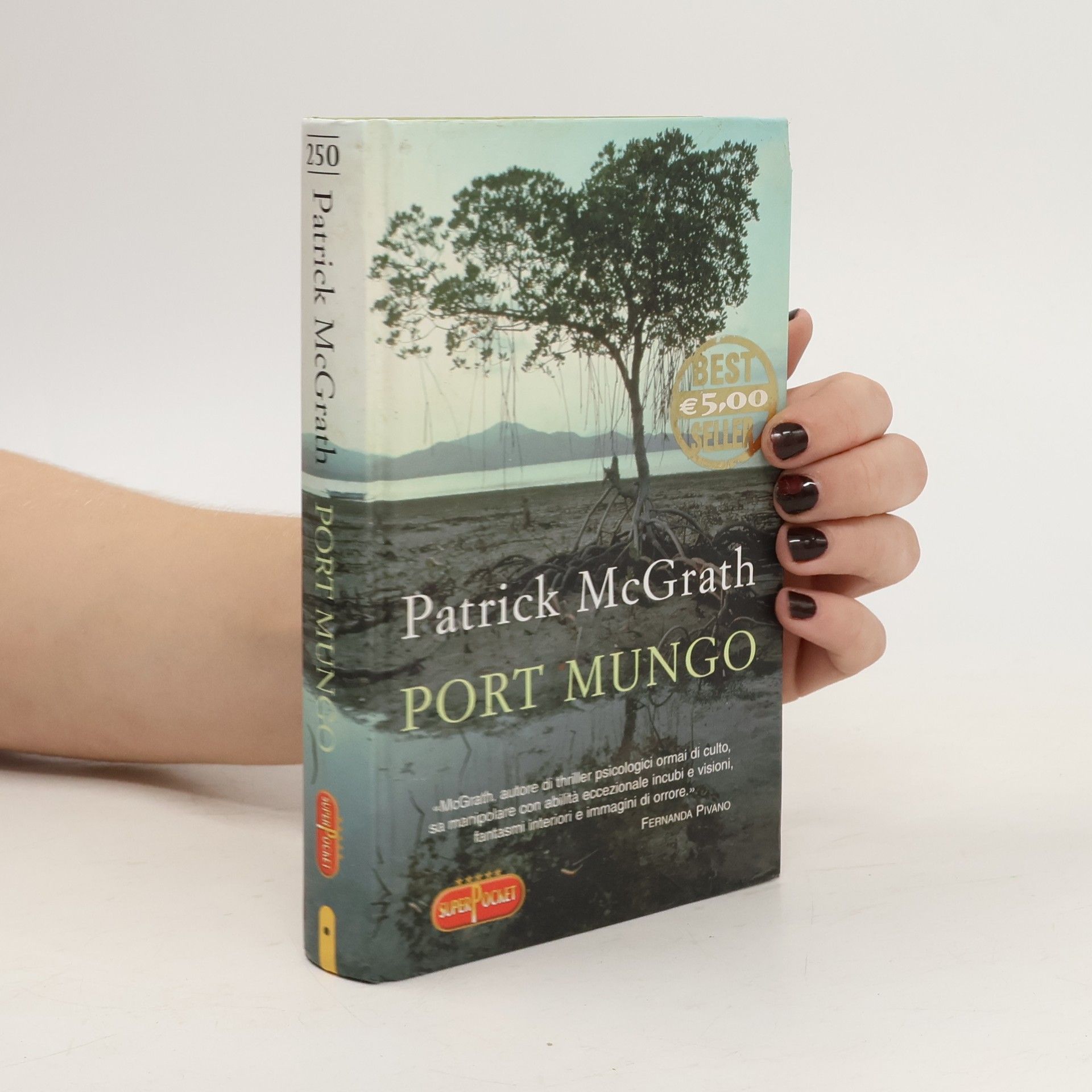
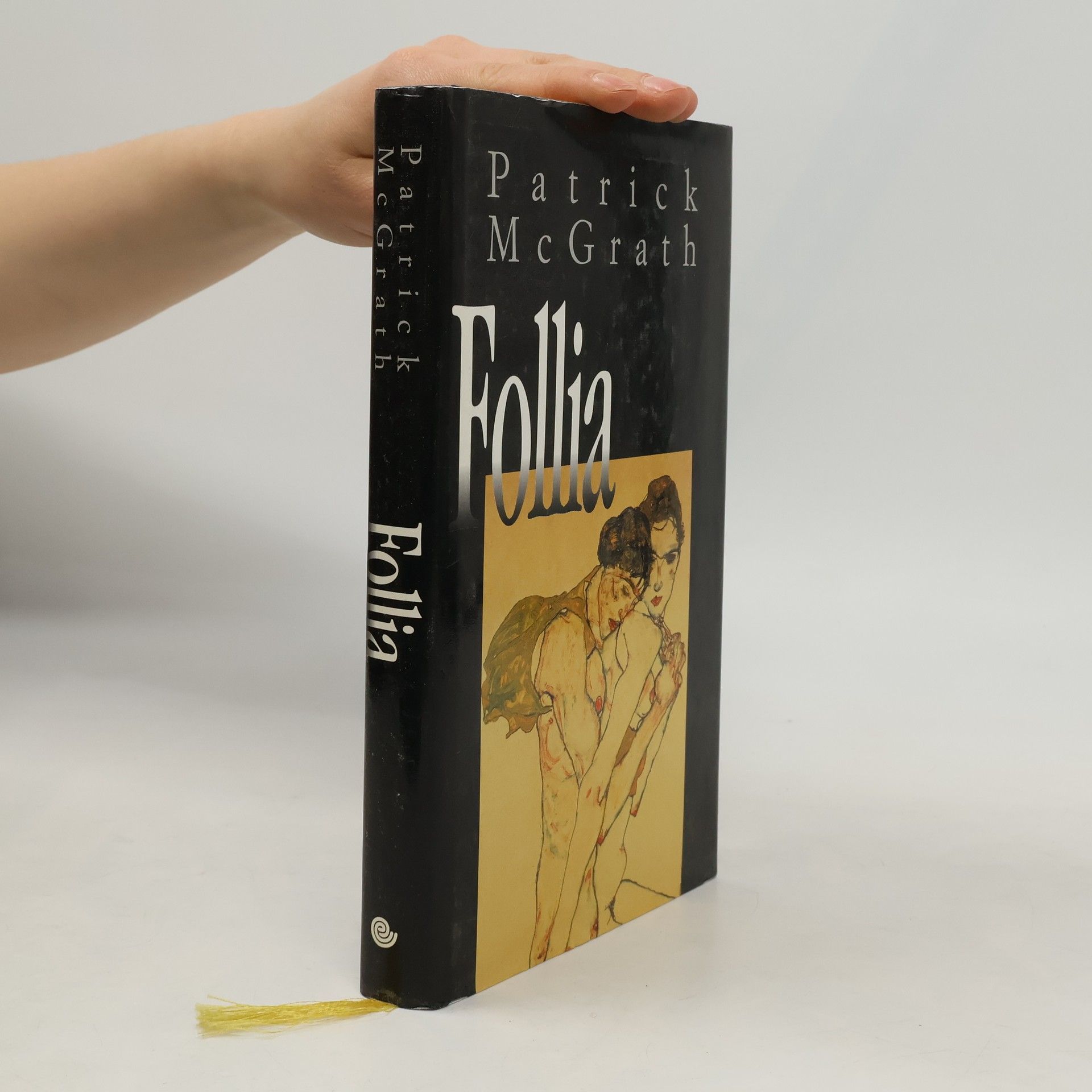
SuperPocket: Port Mungo
- 297pagine
- 11 ore di lettura
"From the days of their privileged, eccentric English childhood, Jack Rathbone has always enjoyed the adoration of his sister Gin. When both attend St. Martin's School of Art in London, it is a painful wrench for Gin to watch him fall under the spell of Vera Savage, a flamboyant, not entirely clean nor sober artist from Glasgow. Jack and Vera run off to New York and, from a bruised and bereft distance, sister Gin follows the couple's progress to Port Mungo, a seedy river town in the mangrove swamps of the Gulf of Honduras. There, Jack single-mindedly devotes himself to his art, while Vera succumbs to infidelity and a chronic restlessness, which even the birth of two daughters cannot subdue." Patrick McGrath tracks these individuals across decades and continents: the latter-day Gauguin figure Jack, his buccaneering mate Vera and their two girls, Peg and Anna, cast adrift in their parents' chaos - as observed by Gin, their far from detached chronicler. It is ultimately a world of dark tropical impulses and Manhattan art-market forces, where a mysterious death is swathed in tight complicit secrecy, and the imperatives of narcissism and art hold human beings in outlandish thrall.
Grottesco
- 213pagine
- 8 ore di lettura
Sir Hugo Coal non è mai stato un filantropo. Anche quando non vegetava sulla sedia a rotelle, aveva la tendenza a considerare gli esseri umani meno comprensibili ed eleganti dell'enorme scheletro di sauro che andava pazientemente ricostruendo. Ma quello che vede ora, nella sua villa, nei rari momenti in cui i suoi familiari non lo costringono a fissare una parete, gli piace anche meno. È chiaro che Fledge, l'ambiguo maggiordomo, sta ordendo una sua trama assai sinistra. Di quella trama la moglie, la figlia e sir Hugo stesso, fanno più o meno consapevolmente parte. Quel che è meno chiaro è in che modo sir Hugo possa usare l'unica arma, peraltro letale, che gli resta, il suo "sguardo fisso di lucertola".
Port Mungo
- 297pagine
- 11 ore di lettura
"From the days of their privileged, eccentric English childhood, Jack Rathbone has always enjoyed the adoration of his sister Gin. When both attend St. Martin's School of Art in London, it is a painful wrench for Gin to watch him fall under the spell of Vera Savage, a flamboyant, not entirely clean nor sober artist from Glasgow. Jack and Vera run off to New York and, from a bruised and bereft distance, sister Gin follows the couple's progress to Port Mungo, a seedy river town in the mangrove swamps of the Gulf of Honduras. There, Jack single-mindedly devotes himself to his art, while Vera succumbs to infidelity and a chronic restlessness, which even the birth of two daughters cannot subdue." Patrick McGrath tracks these individuals across decades and continents: the latter-day Gauguin figure Jack, his buccaneering mate Vera and their two girls, Peg and Anna, cast adrift in their parents' chaos - as observed by Gin, their far from detached chronicler. It is ultimately a world of dark tropical impulses and Manhattan art-market forces, where a mysterious death is swathed in tight complicit secrecy, and the imperatives of narcissism and art hold human beings in outlandish thrall.
Spider
- 218pagine
- 8 ore di lettura
La guardarobiera
- 326pagine
- 12 ore di lettura
Londra, gennaio 1947. La guerra è finita da due anni e la città è in macerie. In uno degli inverni più freddi da che se ne ha memoria, anche trovare qualcosa da mettere in tavola è molto difficile. Ad abbattere ancor di più gli animi, arriva la perdita inaspettata e scioccante di uno dei più amati attori teatrali del momento: Charlie Grice muore in circostanze poco chiare, gettando la moglie Joan, donna bellissima e innamorata, che lavora come guardarobiera del teatro, in un dolore sordo e senza limiti. Controvoglia, Joan assiste con la figlia Vera alla prima replica dello spettacolo che era di suo marito, sottoponendosi al trauma di vedere un altro uomo interpretarne il ruolo. L'idea la terrorizza, ma quando l'attore appare sul palco, la vedova è sconvolta nel rendersi conto che dietro agli occhi dell'uomo brucia ardente lo spirito di Charlie. Più tardi, nel backstage, incontrando il sostituto, il suo cuore, stordito dalla gioia, ha la conferma che il suo grande amore vive nel giovane attore Daniel Francis. Ne diventa amica, lo invita a casa e comincia a donargli gli abiti del marito, sottratti al suo guardaroba. Nasce così una relazione che oscilla tra l'attrazione e l'assedio del fantasma di Charlie, che trascina Joan in un gorgo. Chiamata da una voce amata e spaventosa al tempo stesso, la donna scoprirà il terribile segreto che avvolge anche la morte di suo marito Charlie Grice: la guerra, dopotutto, non è ancora finita.
Trauma
- 252pagine
- 9 ore di lettura
Charlie Weir si guadagna da vivere affrontando i demoni altrui. Nella sua attività di psichiatra a New York ha visto ogni tipo di trauma, eppure non riesce ancora a trovare una soluzione ai propri conflitti famigliari: l'accesa rivalità con il fratello Walter, affermato pittore; il gelo nei confronti di un padre senza nerbo; il soffocante rapporto con la madre. Né ha ancora accettato, dopo sette anni, il tragico errore costato la vita alla moglie e alla figlia, che gli ha lasciato nient'altro che una solitudine consumante e una rabbia inquieta. Quando Walt presenta Nora Chiara al fratello, questi si sente attratto tanto dalla sua bellezza mozzafiato quanto dalla sua aria sofferta. Si innamorano velocemente, avidamente, ma l'idillio ha vita breve. La vulnerabilità di lei, un tempo irresistibile, comincia ad avvelenare il rapporto finché Charlie si accorge di avere accanto una paziente più che una compagna. E mentre sonda le origini del dolore di Nora Chiara, un vago ricordo comincia ad affiorare dal suo inconscio, sollevando in lui un atroce sospetto. Il nuovo viaggio di Patrick McGrath nei labirinti dell'animo umano.
Martha Peake
- 376pagine
- 14 ore di lettura
È la storia di Martha Peake e di suo padre Harry, poeta e contrabbandiere, dal quale ha ereditato l'ardore ma non la passione per il gin. Quando Harry, offuscato dagli effetti dell'alcol, commette un ultimo innominabile gesto di brutalità, Martha, temendo per la sua stessa vita, decide di fuggire nelle colonie americane. Una volta al sicuro si immerge nelle ardenti passioni della ribellione, ma anche in questo nuovo mondo è incapace di sfuggire alla morsa del passato. Coinvolta in una rete di tradimenti, si riscatta con un ultimo, indimenticabile atto di coraggio.
L'estranea
- 304pagine
- 11 ore di lettura
Sidney, pur essendo un esperto di poesia romantica, non riesce a comprendere i misteri dell’amore quando, dopo due divorzi, decide impulsivamente di sposare Constance, una ragazza molto più giovane. Senza rendersene conto, tende a imporle la sua volontà, mentre entrambi rischiano di essere distrutti. La giovane affronta la morte precoce della madre, un padre freddo e distaccato, e una sorella minore, Iris, che con la sua allegria rappresenta un atteggiamento opposto a quello di Constance. Quando il padre rivela brutalmente a Constance la verità sulla sua nascita, la giovane sprofonda in una lucida follia, cercando vendetta contro Iris e Mildred, che conoscevano la verità, e contro il padre, considerato responsabile di ogni sua infelicità. Sidney, stupito e angosciato, osserva la discesa della moglie in un abisso che minaccia non solo il loro matrimonio, ma anche la sua stessa vita. Patrick McGrath torna a esplorare le piccole e grandi tempeste della nevrosi umana, un destino segnato da mostri interiori e orrori familiari, espressi con uno stile acuminato e chiaro, tipico di un maestro della narrativa contemporanea.
TOAD. Pocket Reference for Oracle
- 128pagine
- 5 ore di lettura
TOAD -- the Tool for Oracle Application Developers -- is an enormously popular interactive environment for Oracle development and administration. It allows developers to build, test, debug, and format their code via an easy-to-use graphical user interface, available in both freeware and commercial versions. TOAD makes developers far more productive; using TOAD, you'll find that program changes that once took hours can now be completed in minutes. In addition to its development features, TOAD also provides extensive facilities for Oracle database administration. Coauthored by the TOADman and TOAD team, and Patrick McGrath of Quest Software, Inc., this pocket reference is a helpful companion for Oracle developers and DBAs. It's packed with quick-reference material: TOAD feature and menu summaries, shortcut keys, suggested changes to TOAD defaults, productivity tips and tricks, and more. The book includes concise discussions of all the basic TOAD components: the SQL Editor, Procedure Editor, Text Editor, SQL Modeler, Schema Browser, and Debugger. It also provides helpful hints on using TOAD to perform database administration and SQL tuning. Whether you're a new or experienced TOAD user, you'll find this quick reference an indispensable companion to the product and its online help files. Book jacket.

